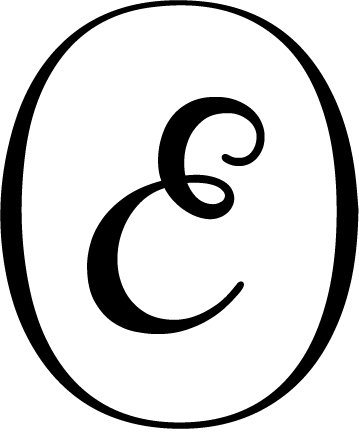I WANT TO DIE, I HATE MY LIFE
Three Essays on Tragedy
and One on Beckett
Three Essays on Tragedy
and One on Beckett
OUT MAY 2025
Paperback
Extent: 140 pages
Trim: 12.5 x 19.6 cm
ISBN: 9781916809710
Price: $24
Pay attention and you can reinvent your life.
––The New Yorker
Critchley is a figure of quite startling brilliance, and I can never guess what he’ll do next, only that it is sure to sustain and nourish my appetite for his voice.
––Jonathan Lethem
Critchley is an international treasure—that rare and real philosopher who embraces Rousseau’s ‘feeling of existence’, David Bowie’s vision of love, and Philip K. Dick’s genius with genuine wrestling and a soulful smile!
––Cornel West
“There is a common fallacy that is oddly and sadly even more widespread amongst non-philosophers than philosophers, that art is somehow explained by philosophy. It is not.”
The philosopher Simon Critchley has long been drawn to the distinctive questions raised by tragedy. In this major new work, conceived as a sequel to his Tragedy, the Greeks and Us (2019), he describes the power of tragic drama as deriving from its depictions of ‘stuckness’: of the inescapable situation of being oneself. In readings of Jean Racine, Henrik Ibsen, and Samuel Beckett, Critchley offers an exceptionally perceptive account of how tragedy dramatises this irreducibly absurd condition.
I Want to Die, I Hate My Life is at once a searching philosophical engagement with tragedy and a bracing argument against the widespread tendency to reduce literary texts to mere illustrations of philosophical ideas. Critchley’s exposition of the ambiguities that lie at the heart of tragic drama—of tragedy’s resistance to the kind of rational explanations that philosophers have sought to impose upon it—doesn’t just enhance our understanding of literature; it also points towards a wiser, more subtle, and more dynamic way of doing philosophy.
The philosopher Simon Critchley has long been drawn to the distinctive questions raised by tragedy. In this major new work, conceived as a sequel to his Tragedy, the Greeks and Us (2019), he describes the power of tragic drama as deriving from its depictions of ‘stuckness’: of the inescapable situation of being oneself. In readings of Jean Racine, Henrik Ibsen, and Samuel Beckett, Critchley offers an exceptionally perceptive account of how tragedy dramatises this irreducibly absurd condition.
I Want to Die, I Hate My Life is at once a searching philosophical engagement with tragedy and a bracing argument against the widespread tendency to reduce literary texts to mere illustrations of philosophical ideas. Critchley’s exposition of the ambiguities that lie at the heart of tragic drama—of tragedy’s resistance to the kind of rational explanations that philosophers have sought to impose upon it—doesn’t just enhance our understanding of literature; it also points towards a wiser, more subtle, and more dynamic way of doing philosophy.
SIMON CRITCHLEY has written over twenty books, including studies of Greek tragedy, David Bowie, football, suicide, Shakespeare, and how philosophers die, as well as a novella. He is the Hans Jonas Professor of Philosophy at the New School for Social Research in New York and a Director of the Onassis Foundation. As co-editor of The Stone at the New York Times, Critchley showed that philosophy plays a vital role in the public realm.
